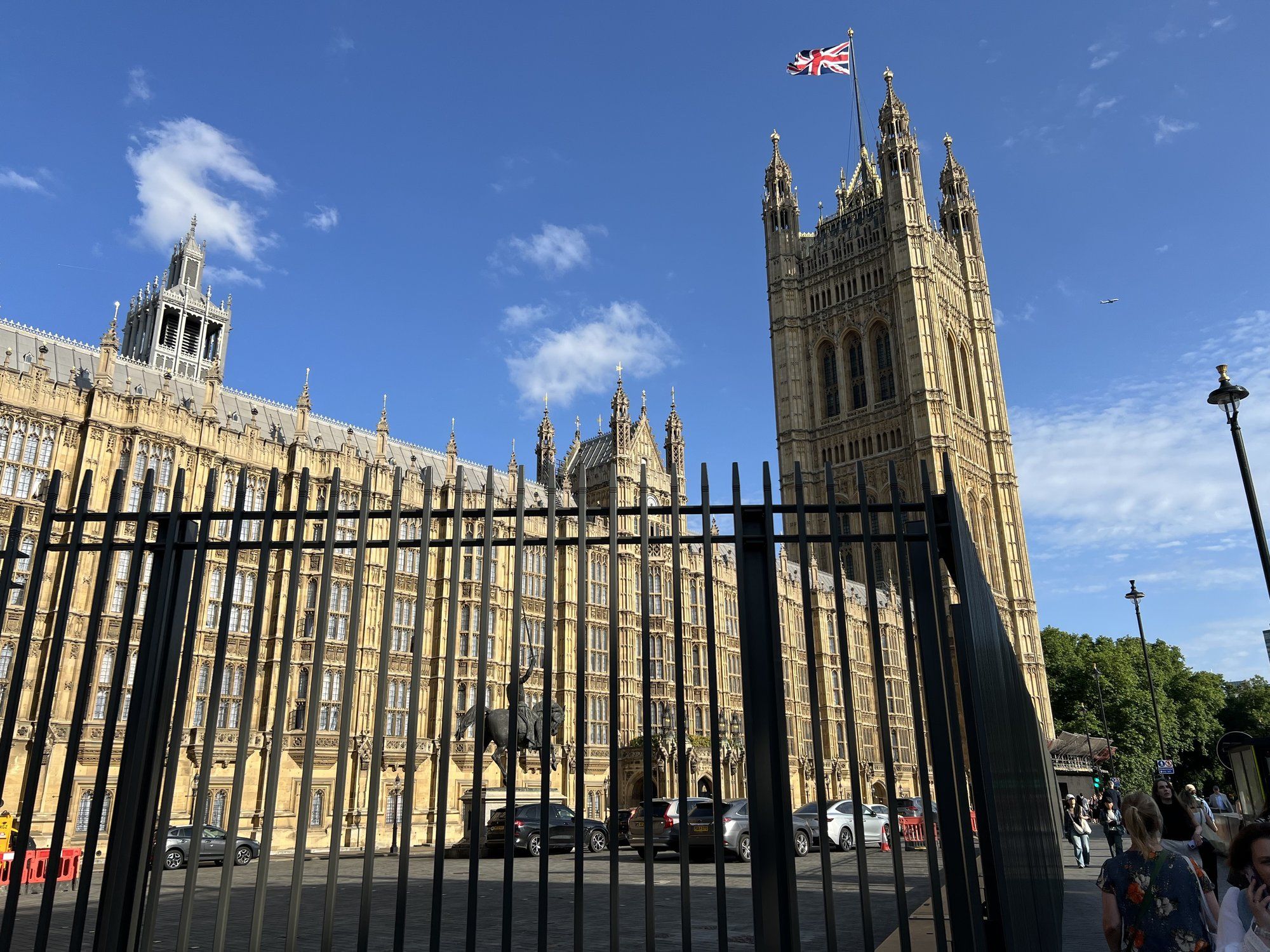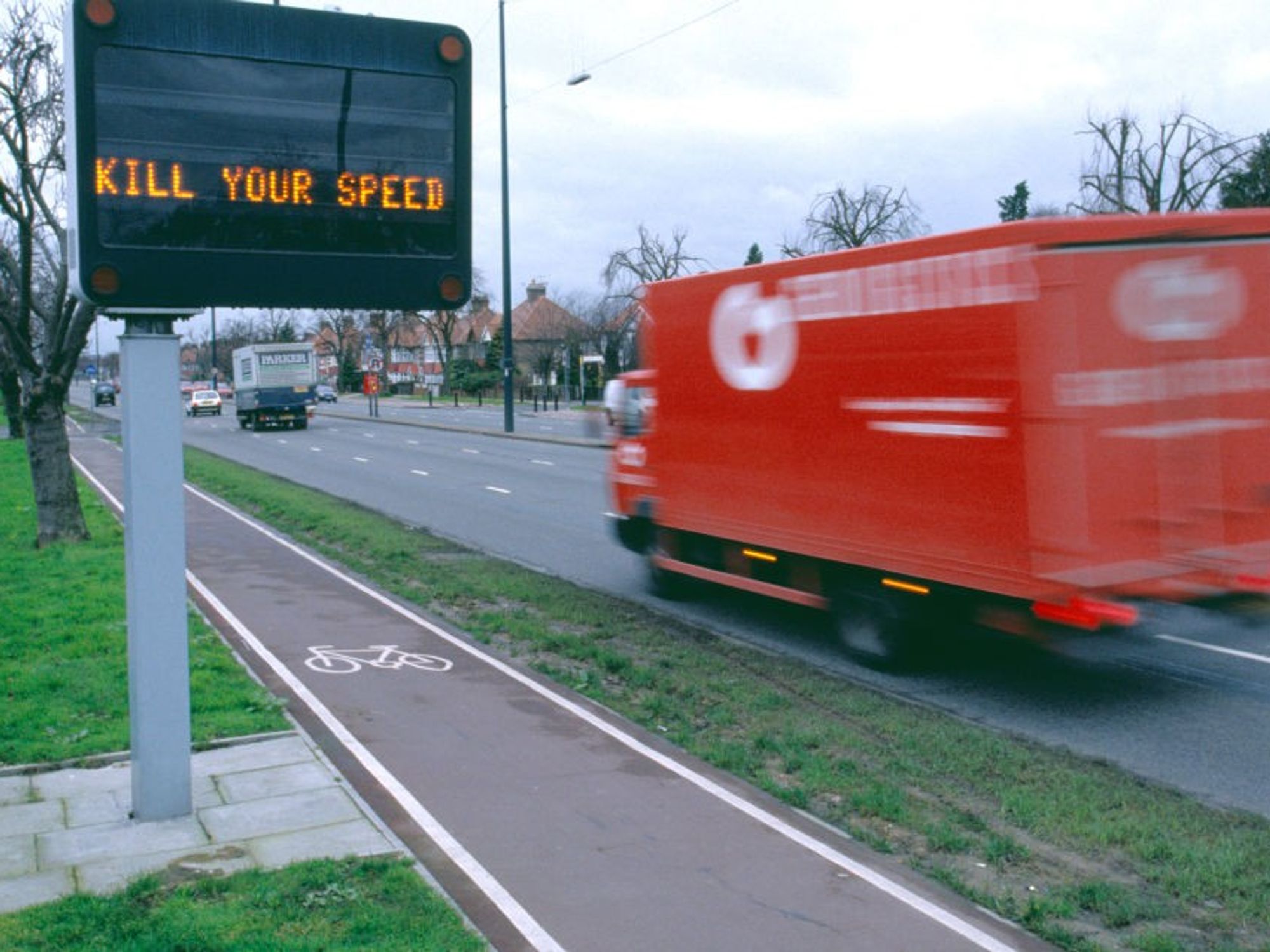Carer's Allowance scandal continues as 1.2 million unpaid carers in poverty: 'Review is overdue'
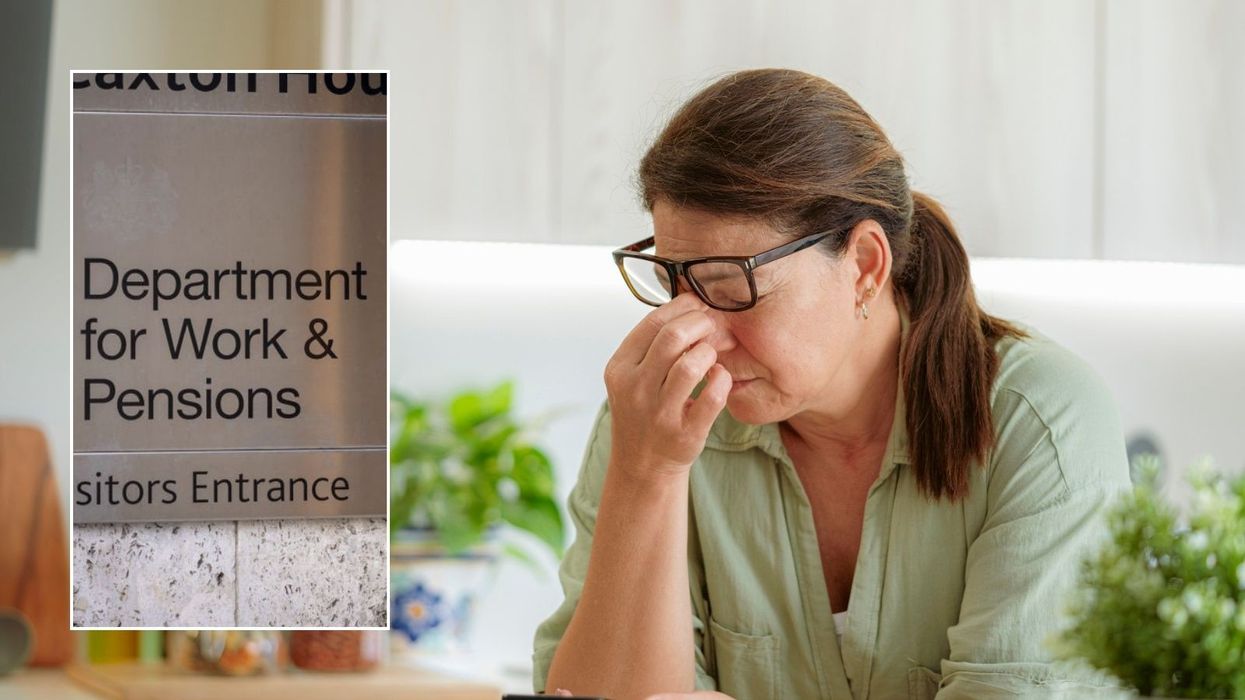
Carer's Allowance needs to be raised, according to a leading charity
|GETTY

Carer's Allowance is a benefit payment for those who look after a friend or relative for at least 25 hours per week
Don't Miss
Most Read
Calls to raise Carer's Allowance continue following the revelation that 1.2 million unpaid carers are living in poverty, according to new research.
Carers UK is sounding the alarm that one in 10 of Britons who are looking after loved ones are currently in deep poverty.
Earlier this year, tens of thousands of carers were found to have been forced to repay huge sums of money back to the Department for Work and Pensions (DWP).
This was due to accidentally falling foul the Carer’s Allowance earnings threshold, in some cases only by a few pounds.
Under the DWP's rules for the benefit, recipients must care for either a friend or relative for at least £35 a week and their extra income must not cross £151 a week.
Once a carer's earnings exceeds this sum, Carer's Allowance is now considered to be an overpayment which needs to be repaid in full.
Do you have a money story you’d like to share? Get in touch by emailing money@gbnews.uk.
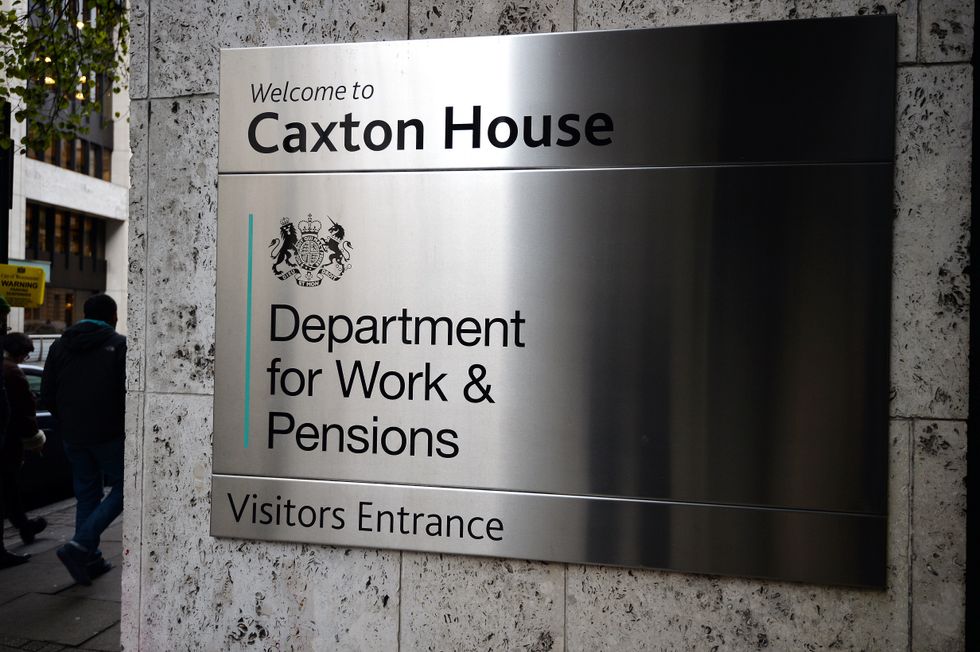
Under the DWP's rules for the benefit, recipients must care for either a friend or relative for at least £35 a week and their extra income must not cross £151 a week
| GETTYOver the years, the DWP has waited for overpayments to accumulate before asking for repayment.
The Government has pledged to tackle the concerns unpaid carers have with excess overpayments with Labour MP Stephen Timms given a ministerial position to address it.
However, charities are encouraging Prime Minister Kier Starmer's new Labour Government to raise the amount offered by Carer's Allowance.
Currently, the DWP benefit is paid at a rate of £81.90 per week to claimants.
With concerns over the rising energy bills and the Winter Fuel Payment being means-tested from this year, campaigners are warning that older unpaid carers are in the firing line.
According to Carers UK, 400,000 unpaid carers are living in deep poverty which is considered to be 50 per cent below the poverty line.
Furthermore, the rate of poverty amongst unpaid carers is 50 per cent higher in comparison to those who do not provide unpaid carer while 62 per cent of those on Carer's Allowance are viewed to be in poverty.
Emily Holzhausen CBE, the director of Policy and Public Affairs at Carers UK, described the situation unpaid carers find themselves in as "disturbing".
She explained: “Relatively small increases to support can have a big impact on carers’ lives and lift hundreds of thousands out of poverty.
“There’s also a real opportunity here for Government to show they care about carers and help deliver its growth and employment agenda by keeping carers in work or providing the right conditions for them return to work.
LATEST DEVELOPMENTS:
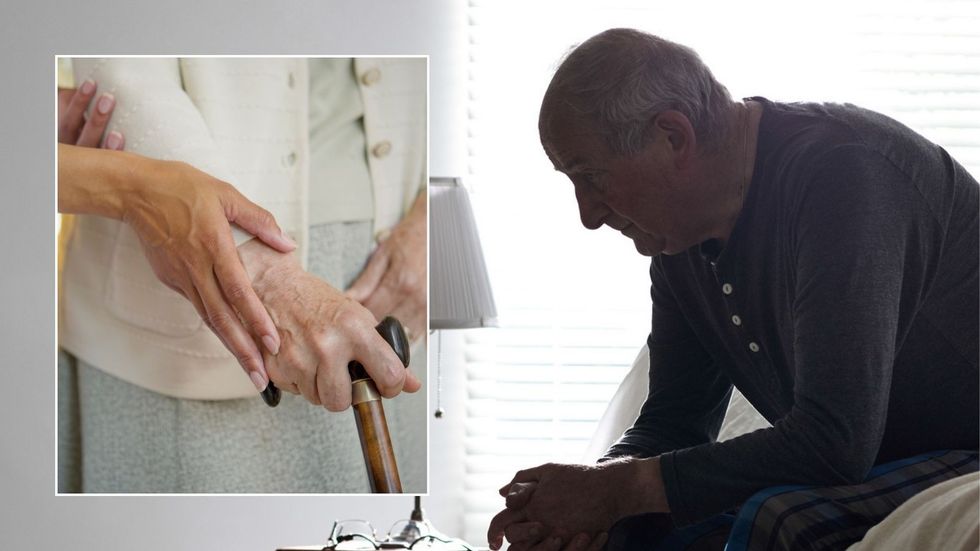 Care costs are pushing pensioners to the brink | GETTY
Care costs are pushing pensioners to the brink | GETTY “When so many carers have so little choice about caring, and are under immense pressure, it’s the Government’s responsibility to ensure they are protected from poverty and ill-health, whilst being given the equal opportunities to thrive.
"The recent scandal over Carer’s Allowance overpayments have shown that a review of Carer’s Allowance, including its processes, is long overdue. We need a modern benefits system to fit the changing needs of carers and society."
Vivienne Jackson, Programme Manager at abrdn Financial Fairness Trust, added: "The care system would collapse without the vital people who provide unpaid care. It’s not right that those who provide essential services to some of the most vulnerable people in our society are living in poverty. Government and employers need to work together to help lift carers out of poverty.”
A DWP spokesman told GB News: "Our country would grind to a halt without the millions of carers who provide care and continuity of support for vulnerable people every day.
“We recognise the challenges they are facing, and we are determined to provide unpaid carers with the support they deserve. We are working on long term reform of the social care system to improve support for all.”





